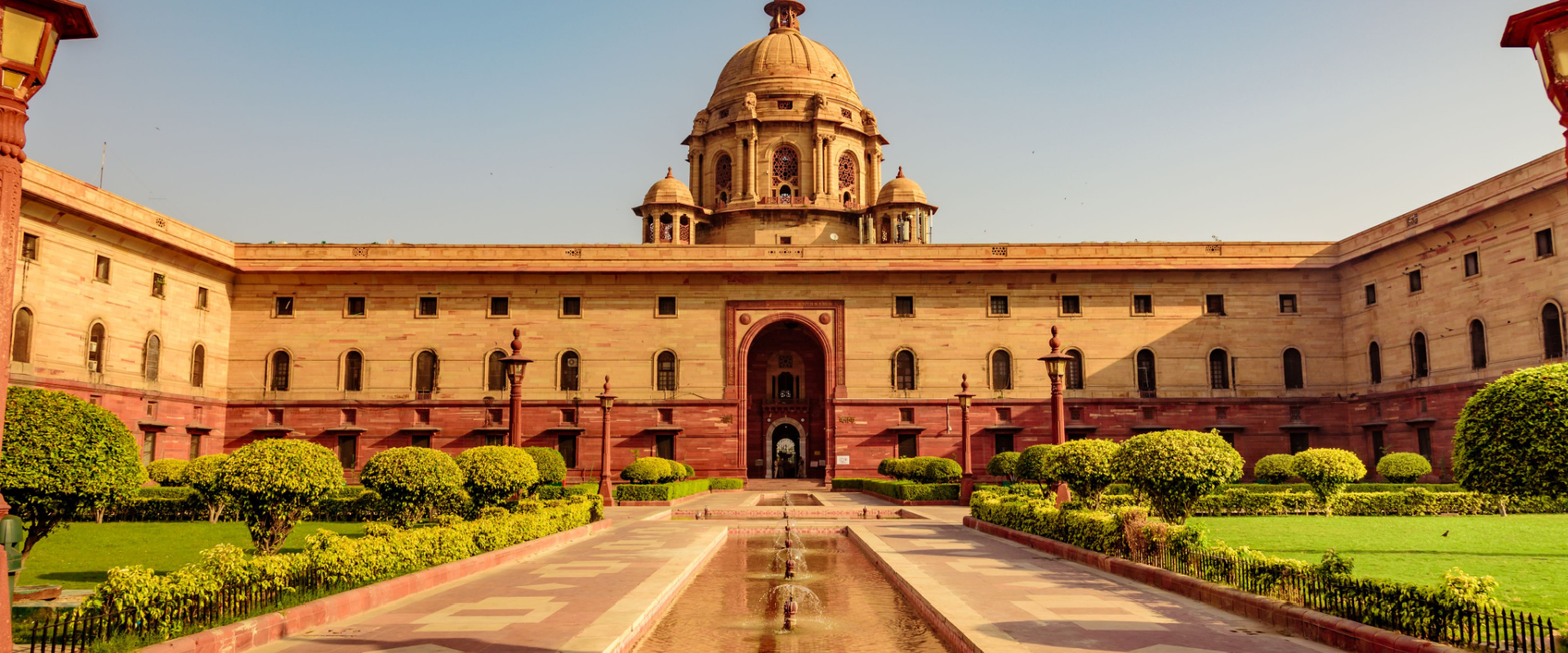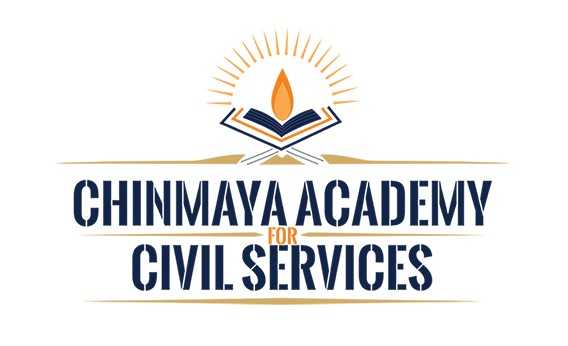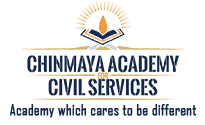In the UPSC CSE Mains, a total of 500 marks are allocated to the optional subject chosen by aspirants. Every optional subject has two papers, each of 250 marks which is Paper No. VI and VII in the Mains Tier of CSE. Out of a total of 1750 marks in the CSE Mains, 500 marks are allocated to the optional subject you choose. So, the significance of choosing the right optional subject is pretty evident. Join the premier IAS academy in Chennai to pursue your aspirations.

List of Optional Subjects & Literature Papers
In order to choose the ideal and highest-scoring optional subject for CSE Mains, aspirants need to go through the list of optional subjects and literature papers provided below:
| S.No | List of Optional Subjects in UPSC |
|---|---|
| 1. | Agriculture |
| 2. | Animal Husbandry & Veterinary Science |
| 3. | Anthropology |
| 4. | Botany |
| 5. | Chemistry |
| 6. | Civil Engineering |
| 7. | Commerce and Accountancy |
| 8. | Economics |
| 9. | EEE Engineering |
| 10. | Geography |
| 11. | Geology |
| 12. | History |
| 13. | Law |
| 14. | Management |
| 15. | Mathematics |
| 16. | Mechanical Engineering |
| 17. | Medical Science |
| 18. | Philosophy |
| 19. | Physics |
| 20. | Political science |
| 21. | Psychology |
| 22. | Public Administration |
| 23. | Sociology |
| 24. | Statistics |
| 25. | Zoology |
| S.No | List of Literature Optional Papers in UPSC |
|---|---|
| 1. | Tamil |
| 2. | English |
| 3. | Hindi |
| 4. | Sanskrit |
| 5. | Assamese |
| 6. | Gujarati |
| 7. | Kashmiri |
| 8. | Malayalam |
| 9. | Nepali |
| 10. | Bengali |
| 11. | Bodo |
| 12. | Konkani |
| 13. | Manipuri |
| 14. | Oriya |
| 15. | Dogri |
| 16. | Kannada |
| 17. | Maithili |
| 18. | Marathi |
| 19. | Punjabi |
| 20. | Santhali |
| 21. | Sindhi |
| 22. | Telugu |
| 23. | Urdu |
Choosing The Right Optional Subject
Now that you understand the importance of selecting the ideal subject for your UPSC CSE Mains, you need to be aware of the crucial factors to consider in deciding your optionals. What are they?

- Existing Knowledge – It always makes sense to choose a subject where your knowledge is already at a decent level. It will allow you to focus on the GS papers without spending too much time on the optional subject.
- Commonalities with GS Syllabus – If the optional subject has many topics in common with the GS syllabus, then you can cover more marks scoring areas by studying fewer topics. It will also give you more time to focus on subjects you are not too confident about.
- Scope of Syllabus – The length of the syllabus of the optional subject you choose also matters quite a lot. It is always more prudent to select a subject with a limited syllabus because it will give you more time for GS and interview preparation.
- Ease in obtaining study sources – Your preparation for optional subjects requires specialised knowledge. So, selecting a subject with plenty of easily available resources is always advisable.


